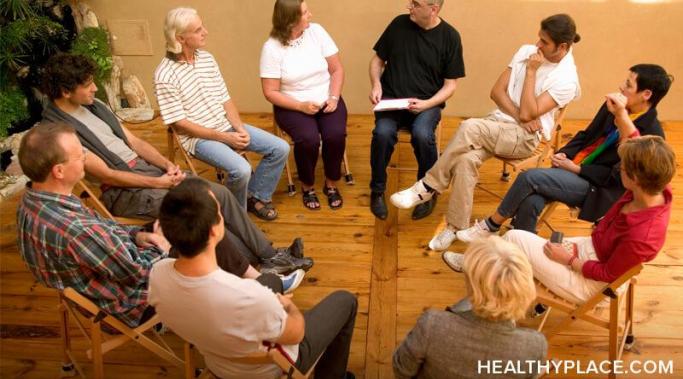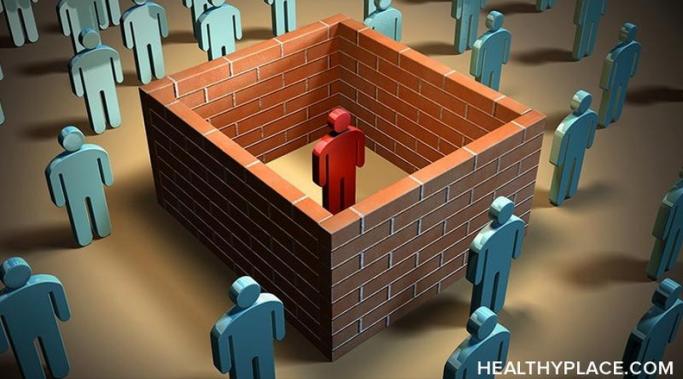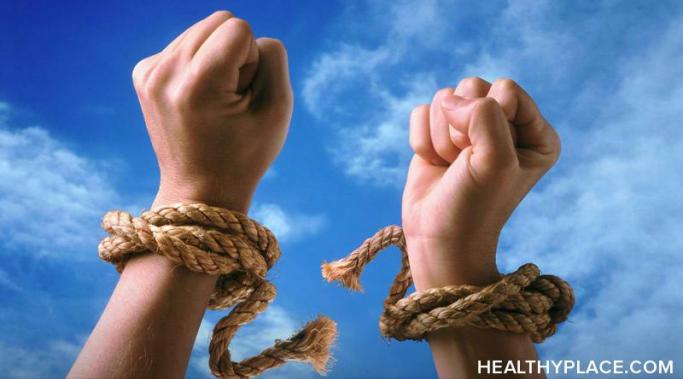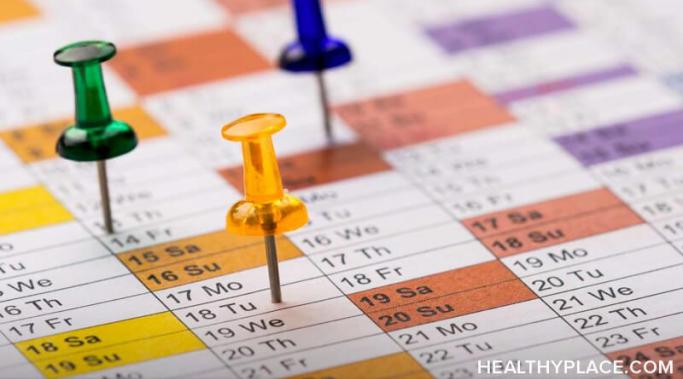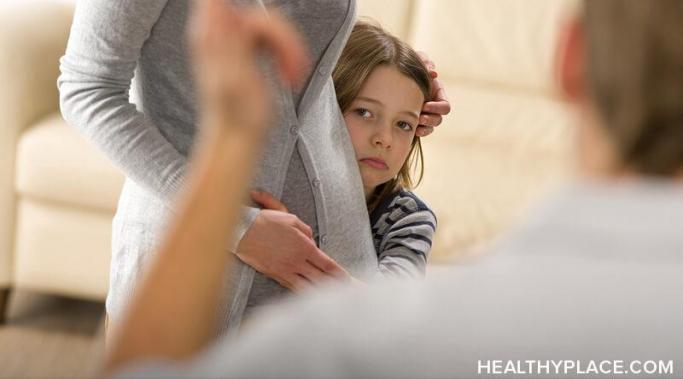Blogs
After years of living with mental illness, I know one thing for sure: I am tired of being mentally ill. They say normal is boring, but I often find myself longing to be neurotypical. Honestly, I wouldn't wish mental illness on my worst enemy. I am so tired of being mentally ill.
What is an intensive outpatient program (IOP)? I am currently in one, and I have been helped by another before. So, I am going to explain to you what an intensive outpatient program is in this article.
The idea of a "verbal abuse victim" may carry negative connotations. A person who experiences verbal abuse may come across as a helpless victim or as someone exaggerating their situation to receive attention. Unfortunately, how others view verbal abuse victims can change how people react. Rather than getting the support and help a person needs because of verbal abuse, an individual's needs may be ignored or minimized.
I've learned throughout the years that some foods can make my anxiety worse. I've learned this through education, research, and simply through trial and error. As a result, I've learned to stay away from or at least moderate my intake of certain anxiety-worsening foods and drinks.
I have found that trying new activities can be an incredibly effective way to nurture and strengthen self-esteem. Whether it's a hobby, sport, or creative pursuit, stepping out of my comfort zone and embracing new experiences has played a crucial role in building my self-esteem and overall wellbeing.
The little things can help us cope with depression. The other day, as I sat by the window, I noticed a mother and her toddler stomping around in the fresh rain puddles in the apartment complex's parking lot. Before I realized it, a big smile spread across my face. Watching them laugh and run around made my heart happy. I realized it could be the little things that help get me through the day.
As someone who has struggled with guilt in compulsive gambling recovery, I understand the overwhelming feelings of remorse and shame that can linger long after we've decided to quit gambling. I have also learned that guilt doesn't have to define our recovery. With the right strategies and support, it's possible to heal from the wounds of the past and move forward. In this article, I'll be sharing with you how to overcome guilt in your gambling recovery journey.
Strategies for setting appointments have become important to me. This is because when it comes to setting appointments for the doctor, dentist, etc., anxiety can hold me back from getting it done. It seems like such a simple task, but it can be extremely overwhelming. I can't let anxiety keep me from doing what needs to be done, so when it comes to managing anxiety and setting appointments, here are my strategies.
Do you try to manage other people's feelings by trying to turn someone's frown upside down or calm down an angry person? If your answer to both questions is yes, you are probably a kind and caring individual. And that's great because if the world needs more of anything, it's considerate folks. That said, you need to know that you are not responsible for other people's feelings. Here's why.
I've often felt left out of life. In fact, I often say I'm an alien. It's not because I'm green or have bug eyes; it's because my experience of life is so radically different from that of your average person. I'm obviously not the only one. People with serious mental illness (or other chronic illnesses) often feel left out of life. I'm going to take a look at why this is and how we can feel more included.

